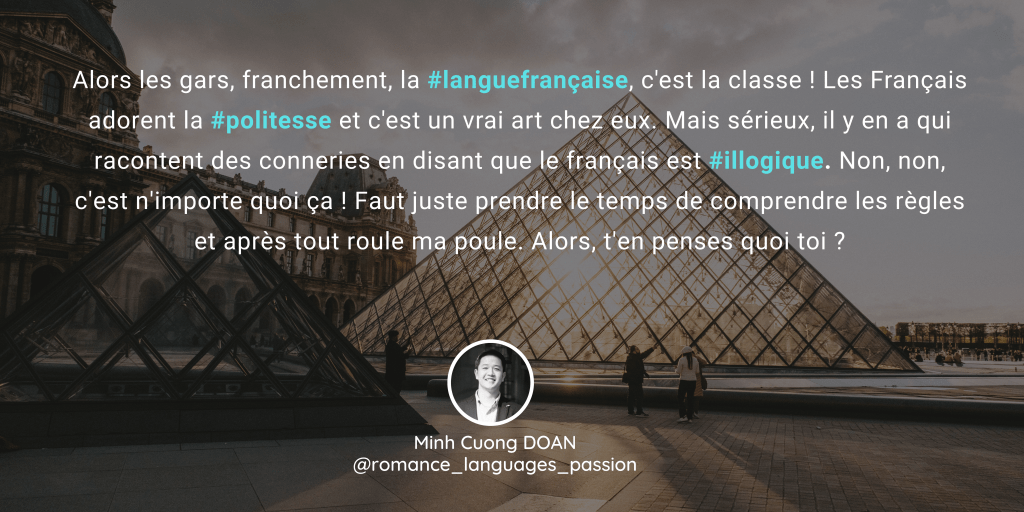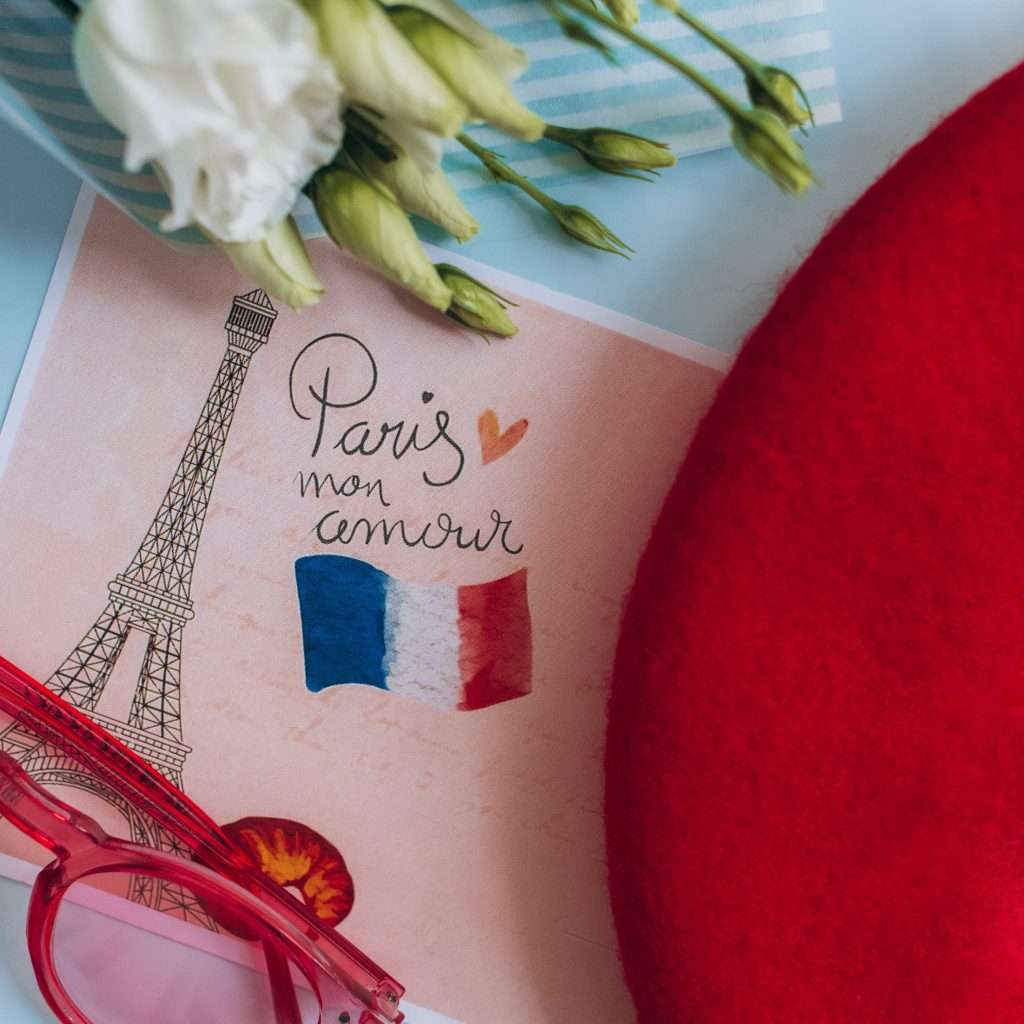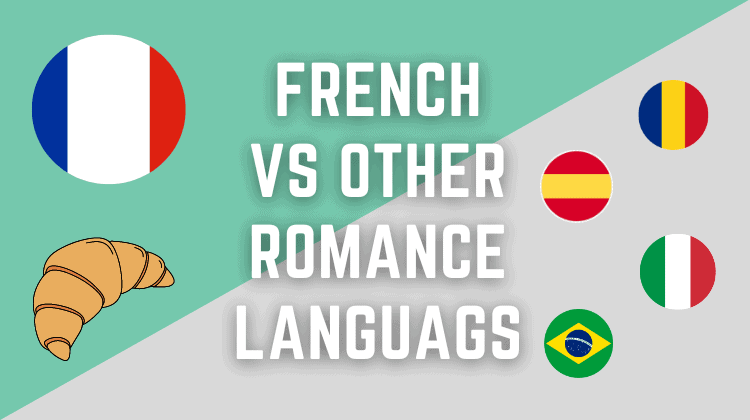“To speak French is to have a passport to the world of culture, elegance, and sophistication.” – Unknown
As a member of the Romance language family, French shares many linguistic and grammatical features with others. The most popular romance languages nowadays are Spanish, Italian, and Portuguese.
However, despite these similarities, French can be a challenge for Spanish speakers to understand, especially when they are visiting France. This linguistic adventure will not only entertain your curiosity but also shed light on some intriguing historical, phonetic, and grammatical facets of the French language.
1. The Origins of French
To start, let’s journey back to the roots. French, like Italian, Spanish, Portuguese, and Romanian, is a descendant of the Vulgar Latin spoken by the Romans and forced upon their conquered lands. But the development of French was markedly influenced by two primary factors: the Celtic Gauls indigenous to modern France and the Germanic Franks who later invaded the area. This blend of Latin, Celtic, and Germanic influences infused French with a unique linguistic flavor.

2. The Role of Phonetics
Phonetically, French stands out in the Romance language family with its nasal vowels and unique use of liaison and elision, which add a sing-song rhythm to the language. Moreover, French is notorious for its silent letters. This largely stems from Old French’s complex spelling system, where the ending consonants, although silent in modern French, affected the preceding vowels’ pronunciation.

3. The influence of Frankish and Old Norse
One of the main factors that has influenced the pronunciation of French is the influence of Frankish and Old Norse. During the Norman Conquest of England in the 11th century, Norman and Old Norse became intertwined with the French language. This population brought new sounds and pronunciation patterns to the French language. This is why French pronunciation sounds different from other Romance languages, which were not as heavily influenced by Germanic languages.
4. The Influence of English
Another fascinating aspect of French is its relationship with English. Given the Norman Conquest in the 11th century, many words of French origin entered the English language. In a counter-current movement, in the 20th and 21st centuries, French adopted numerous English words, mostly technology and pop culture-related, creating a linguistic bridge between the two tongues.
5. French Academy
In addition to the Norman and Old Norse influence, French pronunciation was also shaped by the standardization efforts of the French Academy. The French Academy was established in the late 17th and early 18th centuries. The goal of this organization is to codify and standard the French language. This led to a uniform pronunciation of French across the country, which helped to eliminate regional dialects and pronunciation differences.
However, despite the efforts of the French Academy, regional dialects and pronunciation shifts have continued to influence the evolution of French pronunciation. This has led to slight variations in the way that French is pronounced in different regions of the country.
In conclusion, the unique pronunciation of French is a result of its rich history and linguistic influences. That includes the influence of Frankish and Old Norse, the standardization efforts of the French Academy, and the ongoing evolution of regional dialects and pronunciation shifts. Whether you are a student of the French language or a lover of its beautiful sound. It is fascinating to consider the many factors that contribute to the distinct pronunciation of French, which sets it apart from other Romance languages.
FAQ:
1. Why is French so different than other Latin languages ?
2. How have English and French influenced each other?
3. Why does French sound so seductive?
The seductive allure of the French language is largely subjective and can depend on various factors. That being said, here are some possible reasons why French often gets labeled as ‘the language of love’ or ‘a seductive language’:
Melodic Flow: French, with its soft consonants, abundant vowels, and frequent use of liaison and elision (connecting or dropping sounds for smooth transitions between words), often appears to flow smoothly and rhythmically. This gives the language a certain melody and musicality that many find enticing.
Nasal Vowels: The distinct nasal sounds in French add a unique tonal quality, creating an air of mystique and sophistication. These sounds are not common in many other languages, which makes them distinctive and, for many, attractive.
Cultural Associations: The perception of French as seductive is also greatly influenced by cultural and historical connotations. France, especially Paris, is often associated with romance, love, art, fashion, and gourmet food. This romanticized image of France enhances the allure of its language.
Sophisticated Vocabulary: French vocabulary is known for its elegance and sophistication. There are many beautiful phrases and idioms that carry a sense of romance and mystique. Using French words and phrases can feel luxurious and indulgent, adding to its seductive charm.
Expressive Phonetics: French is a very expressive language. The wide range of sounds and the emphasis on certain syllables allow for an array of emotions to be expressed, which can also contribute to its seductive reputation.
Remember, the perception of a language’s attractiveness can be very subjective, and it can vary greatly from person to person based on personal experiences, exposure to the language, and cultural influences.









